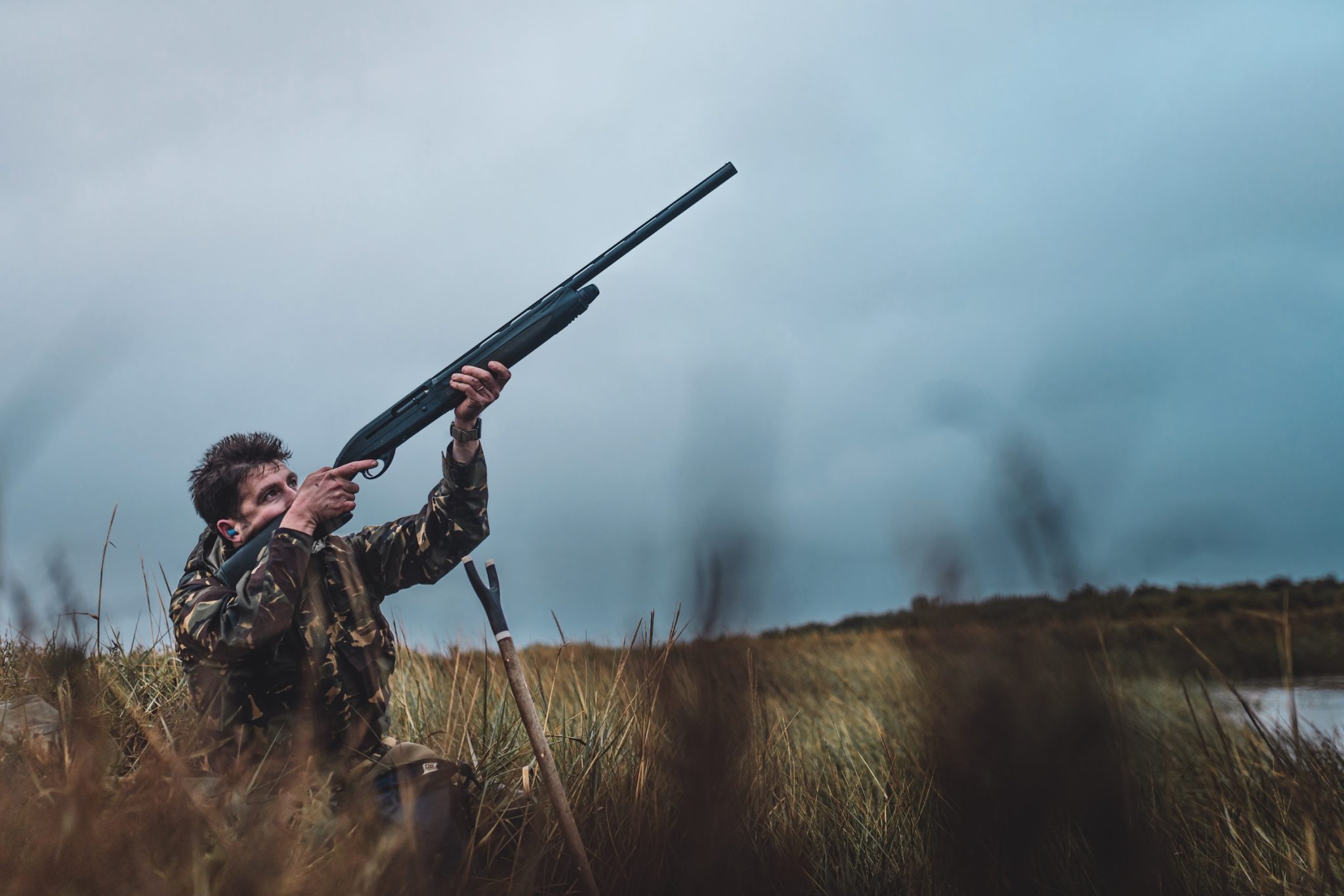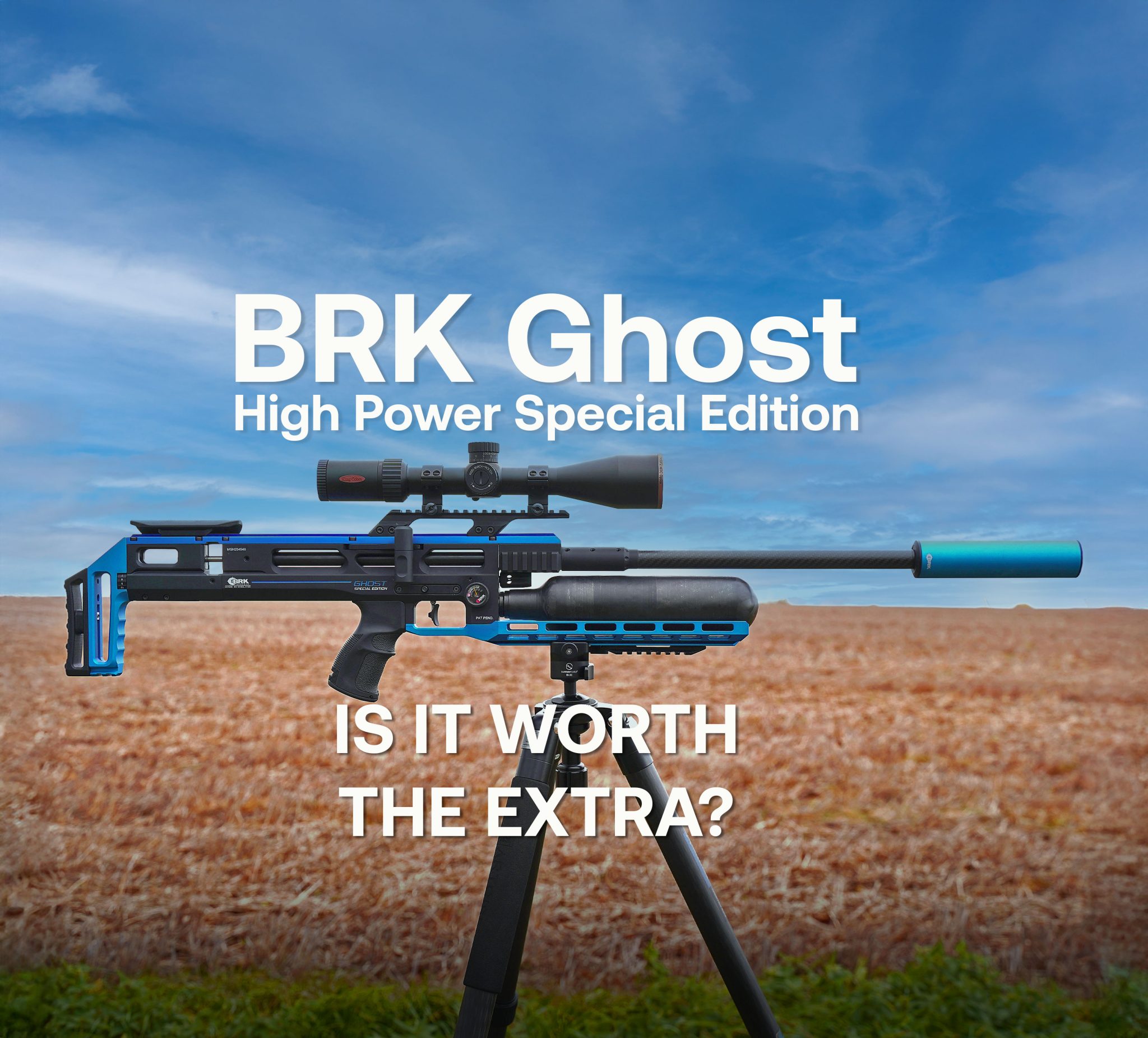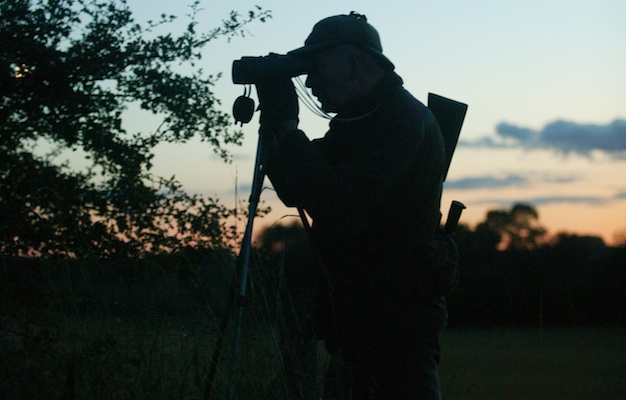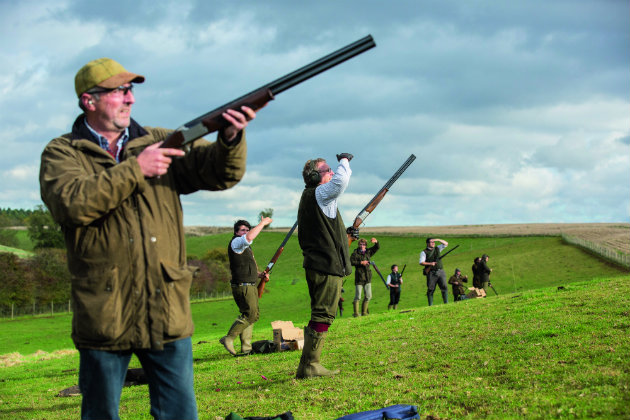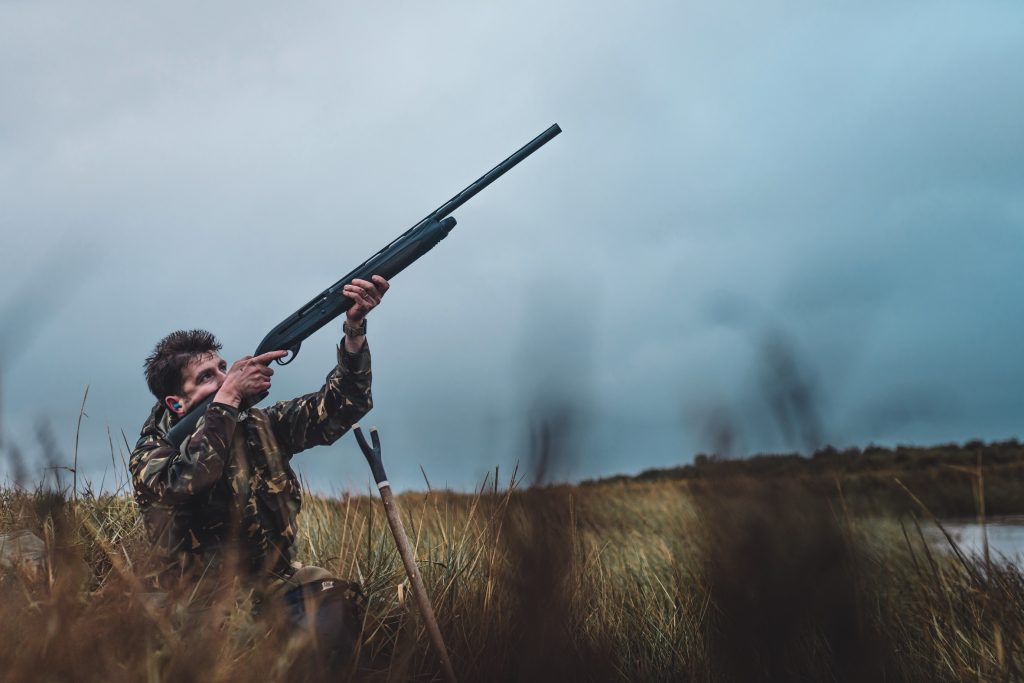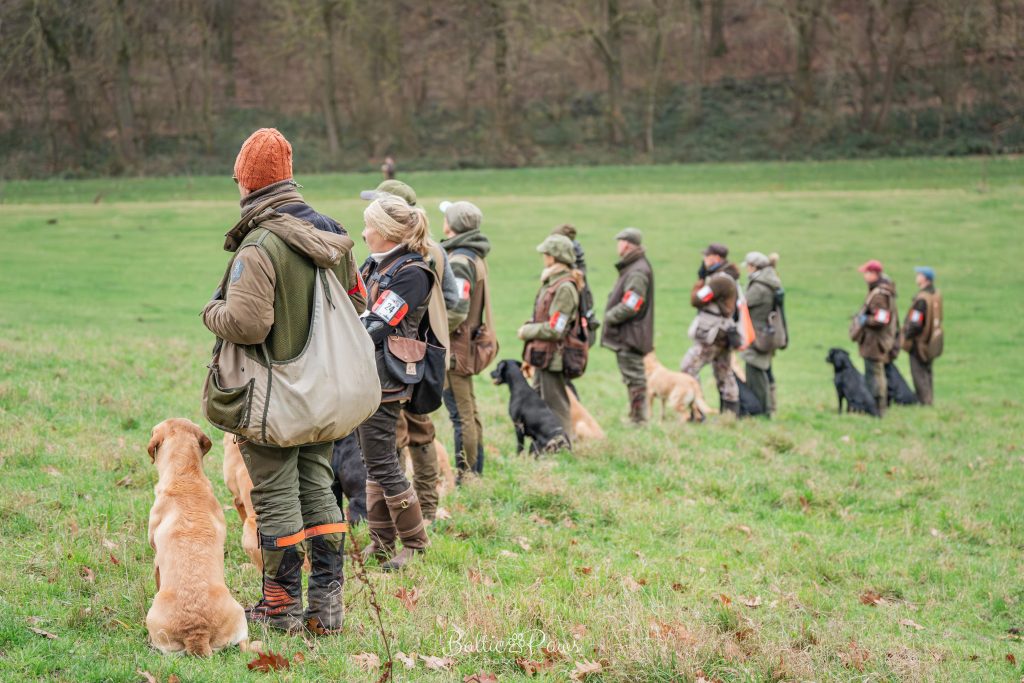How pride, envy, wrath, sloth, greed, gluttony or lust can lose you your shotgun certificate and firearms licence.
The countdown is on for The British Shooting Show – book tickets online today and save on gate price!
It’s time the firearms licensing system was overhauled – don’t you agree?
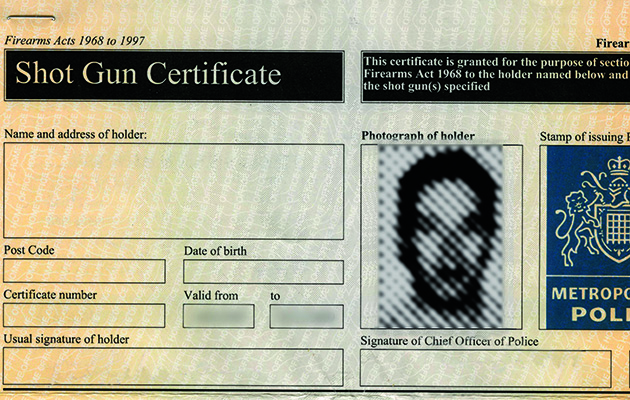 Usd 15 may 13 licensing
Usd 2 july 14 letters
Usd 19 oct 16 nws 4
Usd 15 may 13 licensing
Usd 2 july 14 letters
Usd 19 oct 16 nws 4
Have you seen your doctor recently? If you have, I do hope it wasn’t for anything significant. I don’t know about you, but I consider a visit to the doctor to be what marketing geeks call a “distress purchase”. It isn’t a recreational choice so much as something you do only when absolutely necessary. Mind you, I am sure all GPs have tales of certain patients who turn up with monotonous regularity for little more than a chat and some company.
Medical screening of an applicant
The thing is that “my GP” is any GP on duty who can fit me in within the necessary timescale. They all seem nice enough but, to be frank, I doubt that they really know who I am. Yet GPs are nowadays required to provide an initial medical screening of an applicant for a shotgun or firearms certificate grant or renewal. As we all know, in too many cases the system has proved to be unsatisfactory.
Some GPs are anti-gun. I believe that this category is pretty small — but that’s no comfort if your GP happens to be one of them. Other GPs — the majority, I suspect — feel overworked and are irritated at being asked to perform a task that is not actually part of their GP contract. Not surprisingly, many of these doctors feel they should charge a fee for this extra work. True, some don’t charge anything at all, but others demand £25, £40, £60… I have even heard of £200 being requested.
This is despite the fact that the British Medical Association (BMA) allowed the discussions leading up to this new scheme to proceed on the understanding that no charge would be made for the initial screening (as distinct from any report into a medical issue that came to light). Later, it was agreed that if a GP did not respond to the police screening inquiry within 21 days expressing any concerns, the police could presume that the applicant’s medical suitability was not at issue.
BASC members advised not to pay
This new system, which has been in place for about a year, is beset with local inconsistencies. BASC is staunchly telling members not to pay for the initial medical screening, in line with the BMA’s own guidelines. However, many GPs are not members of the BMA; while others, who are, simply ignore the guidance. Some won’t signpost an alternative doctor. And the BMA itself has become wobbly over fees after lobbying by some of its members.
In Scotland there is another awkward factor. Police Scotland has taken it upon itself to ignore the 21-day default position, and instead insists “no GP’s report, no certificate”. Discussions are continuing, but the difficulty in enforcing a common system on independent-minded, overworked doctors and an alphabet soup of police forces is about as clear as the underlying legislation is unclear.
Firearms licensing should be given to a central body
Frankly, our current licensing system is trying to patch up some poor legislation. The system of time-limited certificates administered on paper by a mass of different police forces, relying on the voluntary co-operation of a disparate group of family doctors, is absurd and outmoded. Today, we have the technology to enable continuous, rolling monitoring of certificate holders, with real-time access to flagged medical records and police reports. Why should there be any time limited renewal process, after the initial grant? We don’t ask people to re-take their driving test every five years and we have one central driving licence agency, not 43 separate ones.
It is high time that the licensing process was taken away from the police and given to a central body — one that can access our medical records by consent. It is not as though most of our GPs even know who we are, so wouldn’t it make more sense to have our medical records examined by a specialist body, charging a standard fee, regardless of postcode? That, combined with a lifetime certificate, subject to continuous realtime monitoring, would be vastly more effective and efficient, providing even better public safety at lower cost. Or have I missed something?
Getting a ‘coterminous’ firearms certificate: a combined firearms and shotgun certificate
If you’re a keen Shot with both firearms certificates and shotgun certificates, then it’s worth applying for what’s known as…
BASC: The case for ten year shotgun and firearms certificates
The renewal process can be one of the most frustrating times in a certificate holder’s life. All too often we hear of delays, temporary…
Related Articles
Get the latest news delivered direct to your door
Subscribe to Shooting Times & Country
Discover the ultimate companion for field sports enthusiasts with Shooting Times & Country Magazine, the UK’s leading weekly publication that has been at the forefront of shooting culture since 1882. Subscribers gain access to expert tips, comprehensive gear reviews, seasonal advice and a vibrant community of like-minded shooters.
Save on shop price when you subscribe with weekly issues featuring in-depth articles on gundog training, exclusive member offers and access to the digital back issue library. A Shooting Times & Country subscription is more than a magazine, don’t just read about the countryside; immerse yourself in its most authoritative and engaging publication.



